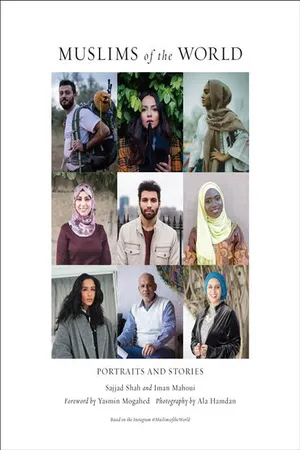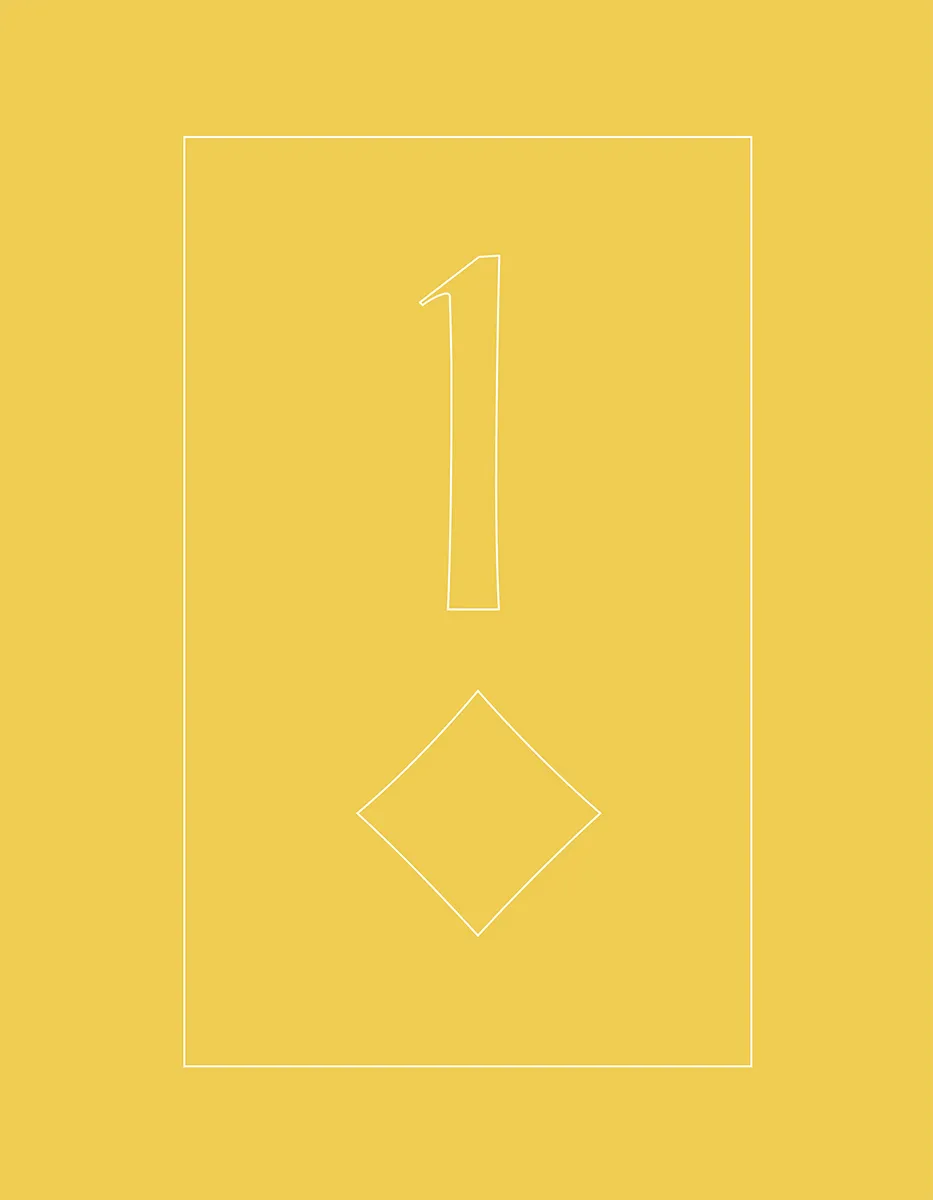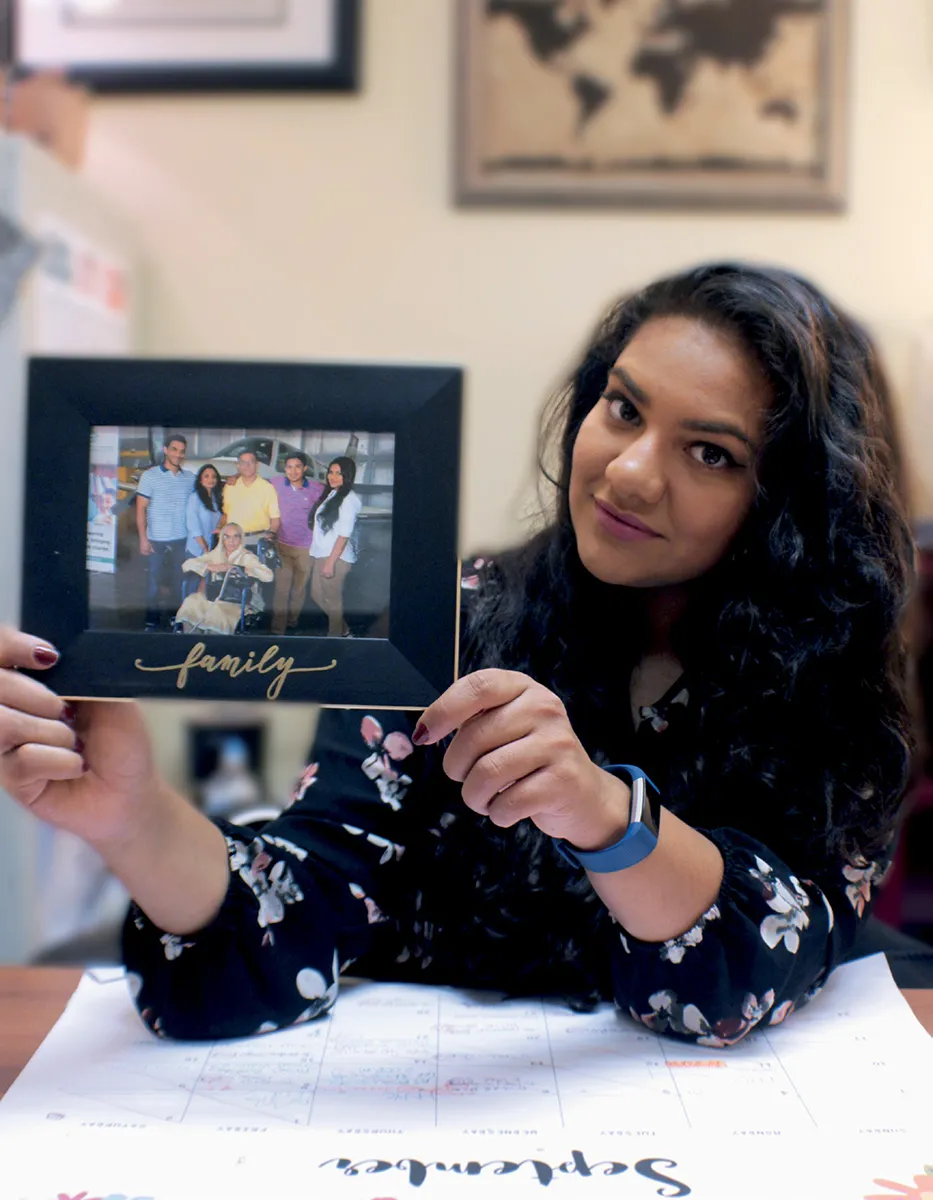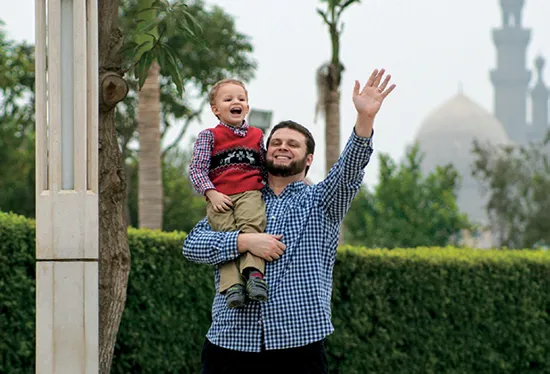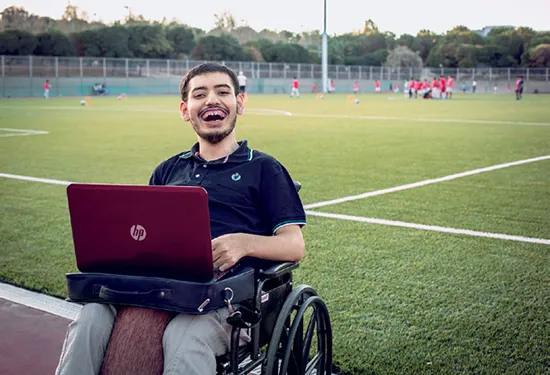![]()
faith and fate
So remember me, I will remember you.
(Surah Baqarah 2:152)
What is faith? We can define it, at the very least, as complete trust. Faith has brought peace of mind to billions and has helped many find solace in times of need. Faith comes in many forms, but religions, as institutions, have shaped the world we live in.
Islam, the world’s second-largest religion, and the fastest-growing religion to date, is also arguably the most misunderstood and the least accurately represented by mainstream media. But for the billions of Muslims who practice this faith, our religion is one of beauty, kindness, compassion, generosity, and tolerance. Muslims, as part of the basic tenets of our faith, fast during the month of Ramadan to remember that we live in a world where many go hungry each day. We also give charity, not only to help those in need, but as a reminder that this world, and all its material goods, is temporary. As a religion, Islam has brought together members of all races, ethnicities, and social classes under one umbrella, and inspired them to live by a code of kindness and empathy, following in the footsteps of the last Prophet, Muhammad (PBUH).
There are six pillars of faith, or Iman, in Islam. Belief in Allah, the one God; belief in the Angels; the Holy Book (the Quran); the Prophets; the Day of Judgment; and belief in God’s predestination (Qadr). Through these pillars, Muslims build upon the teachings of the Prophet Muhammad and the Quran in order to guide their day-to-day lives. These teachings are stories of kindness and compassion in the face of anger, generosity in times of shared hardship, humility in times of success and failure, and, of course, patience when facing all of the trials and tribulations that life has to offer. Attaining that steadfast patience, however, is difficult for all of us, and can only be understood as a willingness to trust the process. This is where Qadr comes in to play.
Fate is a universal concept not specific to Islam. To most, the idea that something is “meant to be” provides solace when thoughts of an unknown future arise. We live in a world of unknowns; the reality that anything can be taken away from us at any given moment scares us. For some, that fact drives them to live every day as if it is their last, but for others it can be crippling. Whether it comes from “God” or “gods,” “the powers that be,” “karma,” or something else, there comes a moment of realization for us all when we must accept that no matter how hard we may try, not everything in life is within our control.
The concept of Qadr, or “predestination,” is the foundation on which all aspects of the Islamic faith stand. However, fate is a tricky subject, as one may wrestle with the concept of free will and how these two seemingly antithetical concepts could possibly coexist. A story from the Prophet Muhammad’s time might help elucidate the subject: One day the Prophet noticed a man leaving his camel in the desert without tying it, and he asked the man, “Why don’t you tie down your camel?” The man answered, “I put my trust in God.” The Prophet responded, “Tie your camel first, then put your trust in Allah.”
Fate is what happens when we put our trust in God and realize that what He pleases will ultimately occur. But that’s not to say our earthly actions don’t have an impact. Accepting one’s own vulnerability in the face of God is the first act that tests a believer’s faith.
And it may be that you dislike a thing which is good for you.
(Surah Baqarah 2:216)
It is daunting for many to know that what is best for you in the eyes of God may not be what you would have wanted for yourself. In the face of all of life’s hardships, perceiving any lack of control in your life is unnerving, but seeing the work of fate in action—along with faith, and each individual’s personal form of worship—can ameliorate that anxiety. Stories of women and men from all over the world who have suffered through incredible heartbreak and injustice yet somehow made it to the other side with humility, strength, love, and a renewed appreciation for this life can be found in every chapter of this book, but we want to begin with stories dedicated solely to those who put their faith in fate.
—Sajjad Shah and Iman Mahoui
hiba 29, Indianapolis, Indiana, USA
When my dad, Babar, was a kid, he attended an Air Force prep school in Sargodha, Pakistan, which fostered his love for flying and adventure. When a career in the Air Force didn’t pan out, my dad became an engineer. He moved to the United States with his new wife and three kids. My dad led a typical Midwestern life. He worked hard, coached soccer, was involved in the local masjid, and volunteered whenever he was needed. But he never forgot his love for flying.
My dad realized that he was privileged to receive an education that so few in Pakistan can afford. He always made sure to give back. He donated to shelters for runaway kids; he gave money to an acquaintance whose home had burned down; he even helped pay for a stranger’s college tuition when he heard that person didn’t have enough money. My dad always gave twice as much when it came to education. He believed wholeheartedly that whatever he gave would be returned tenfold.
It was no surprise when my dad decided to combine his dual loves for giving and flying by flying around the world for charity to promote children’s education in Pakistan. My younger brother Haris and my dad decided to embark on the flight together. Haris had started flight school the year before and decided to get his pilot’s license for the trip. He would be pilot in command. When they completed the trip, Haris would be the youngest pilot to circumnavigate the globe. On June 19, 2014, they took off from Greenwood, Indiana. They flew to Canada, Iceland, England, Pakistan, Sri Lanka, Bali, Australia, and the beautiful island of American Samoa. Along their journey, they saw the ruins of Rome, the pyramids of Egypt, and the architectural wonders of Dubai.
Just two days away from home, excited to be returning to Indiana in time for Eid, my dad and brother took off from American Samoa en route to Hawaii. They crashed upon takeoff. Neither of them survived. Haris’s body was found within hours. My dad, and the wreckage of the plane, were never found.
Many people ask me, “Why did they go on such a dangerous journey? Why did they put themselves at risk?” My dad’s response would be simple: “Why not?” In a blog documenting their journey, my dad wrote on July 6, 2014:
“Here is something my wife and I very strongly believe in: If it’s not your time, it’s not your time, but when it is—no matter how many iron curtains you hide behind, the grim reaper will get you. But if you go supporting a noble cause, you have made a point and achieved your goal.”
My dad and brother knew the risks, but they also knew that fate is not something you can escape from. Their fate was to fly around the world together, raise thousands of dollars, and ultimately lose their lives for a cause they believed in. My fate was to lose my father and brother and deal with the pain of not being able to bury my father. My fate was to be a “younger” sibling for seventeen years of my life, only to then become the “youngest.” My fate was to struggle with the grief of a quiet house without the noise and chaos of a younger brother.
But that’s not all. My fate was also to see the legacy my father and brother left behind. Millions of dollars in donations poured in from well-wishers who were inspired by their story. Hundreds of schoolchildren will benefit from my father and brother’s sacrifice. Their story has been immortalized in articles and a documentary. My fate was to travel to Egypt and Pakistan to retrace the steps of their incredible journey. And my fate was to finally realize that even in the darkest of times, when finding hope seems like an impossible task, Allah (SWT) will shine a light to help you find it.
Sometimes I’m angry about the way things turned out. But then I remember the silver lining buried in our loss. My dad and brother were ready to take a risk for something greater than themselves. In the end they were called back to their creator and called Shaheed by those they left behind. While nothing can fill the hole they left in our hearts, they died leaving behind sadaqah jariyah, or unending charity. They set an example of how to facilitate change in the world, and I now aspire to achieve this same goal. How can I be angry with that fate?
chad 37, Cairo, Egypt
I was born in a small town in southern Indiana (think almost all white and Christian). I also grew up in a single-parent home. Our family was Christian, but growing up, our church attendance was spotty. In fourth grade, we moved to a slightly larger but still small town that was also the site of the main campus of Indiana University. Shortly after the move, I remember watching a TV sitcom called True Colors about an interracial couple, both of whom had teenage children from previous marriages. In one episode, the youngest son, a black teenager about fourteen or fifteen years old, was given a copy of The Autobiography of Malcolm X. As he read it, he started to imitate Malcolm’s early, antiwhite rhetoric, humorously directed at his stepmother and the rest of her family. He even targeted his father for being an “Uncle Tom” who was lured into the “trap of the white woman.” As a white boy from an area with very few minorities, the idea that there was a man who called white people “evil” and “devils” was so intriguing that I begged my mom to take me to the bookstore to buy Malcolm X’s book.
I remember when I got my hands on it. I couldn’t stop looking at the cover. I remember struggling to read and understand it. I wasn’t the best reader to begin with, and at eleven or twelve years old, the concepts and history Malcolm discusses went somewhat over my head. To my surprise, Spike Lee released a film about Malcolm’s life not long after, which helped me visualize and understand his story better. I was in awe of this man, may God have mercy on him. The two most important things I loved about him (and still do) were the fact that he lived by his principles, no matter the worldly cost of doing so, and that he was humble enough to accept when he was wrong and would change his opinions and lifestyle accordingly. How many of the world’s problems would be solved if we all could live our lives following those two tenets? After having seen and understood the beauty that was Malcolm X, I myself went through a period of imitation. I stopped eating pork because Malcolm said it was bad. Although my mother probably thought there was something wrong with me, she didn’t force me to eat it, and she eventually stopped cooking it.
During this period, I became interested in learning about Islam, since it was one of the driving forces in Malcolm’s life. It was 1993, before the internet, and resources were limited. I had never known a Muslim person in real life, and the whole religion seemed distant and out of reach to me. Yet God willed that a family from Afghanistan would soon find their way to southern Indiana, to an apartment just two doors down from ours.
I remember when I first discovered that they were Muslim. The father, may God have mercy on him, was pushing his youngest son, about three years old at the time, on the swing set. I said hello and asked him where he was from. When he said Afghanistan, I wasn’t sure if he was Muslim, so I asked him, “Are you Buddhist, or Hindu, or . . . ?” He said, “No, we are Muslim.” My heart jumped! I was finally meeting a Muslim! The idea that a family of Muslim people were my neighbors, whom I could talk to face-to-face, was almost unbelievable.
Over the next few years, I became quite close with them, as some of their children were around my age and we had a lot in common. One day I asked their oldest son, Zobair, if he could teach me something about Islam. He humbly replied that his English wasn’t very good, nor was his knowledge of Islam, so he’d try to get me some books to read. Not long after that, he delivered a copy of Abdullah Yusuf Ali’s translation of the meaning of the Quran (with commentary) and some other reading material. He suggested that I read it and that we could discuss the ideas and concepts along the way.
This was the turning point for me. The more I read about Islam, and the more time I spent around this family, the more I understood this religion. The few ideas that seemed strange to an American, like hijab, were easily explained, and I quickly came to understand them. I was even able to visit the local mosque one Friday during summer vacation. It was a surreal experience. I remember the feeling of standing in the back of the room while everyone else prayed and hearing all of them say “Ameen” at the same time. My heart jumped (again)!
Not long after that, during my freshman year of high school, I accepted Islam into my heart. In a way, it wasn’t a strange event. It felt more like I was merely verbally accepting what I had internally accepted for a long time. Learning to practice and live Islam on a daily basis would of course prove more difficult. My mother wasn’t too happy with this change in my life, and we found ourselves arguing over the issue more often than not. The Muslim people I had met had all given me advice, which I realize now was also life changing. They told me that no matter what, I had to respect my mother. They said I shouldn’t bring up Islam or talk about it if I could help it, since it would only lead to arguments with her. They knew that I could still be a good Muslim without talking about it, and when I graduated from high school, I would be able to practice Islam as I wished. This advice helped me through tough times when I felt very few other people accepted my decision.
After high school I went to college and went through another period of self-discovery, this time focused on trying to find my place in the world. I had thought about going into the field of education while I was in college, but I wasn’t sure of myself or where I fit into that field. Over time, I realized that if I was going to teach something, it would have to be something that I loved to study and learn about. As I thought about it more and more, the only thing that I knew I was motivated to study was Islam. After discussing this with friends, I understood that any serious study of Islam would require that I learn Arabic. So in 2005, I moved to Egypt to begin a journey that led to me studying at Al-Azhar University, one of the oldest universities in the world.
In 2010, while in Egypt, I met my wife and her family. In 2011, we married, Alhamdulillah, and have been blessed with a son, Yusuf, and a newborn daughter.
If you were to ask me at ten or eleven what I’d be doing twenty or thirty years later, I’m sure that I could never have foreseen the path that my life has taken. But Alhamdulillah, Allah deserves all praise for his guidance and favors upon us!
mahmoud 25, Amman, Jordan
I was born with cerebral palsy, and I couldn’t always walk or run like everyone else. I was passionate about soccer, and despite my challenges I was eventually known as the best player on the team. But around the age of thirteen I was no longer able to receive the treatment I needed because it was too expensive. As I grew, my muscles started dying, until they were no longer strong enough to carry me. Now I can’t walk at all—I can barely move. I can’t even move my tongue.
I can only move one finger on each hand, and my neck. I communicate by writing on my laptop. People read what I write and I listen to their comments and answers. It’s a long process even when it’s a simple discussion.
My family has been there for me every step of the way. Relatives and neighbors used to tell my mother that I was a waste of her time, that I should stay at home and that I wasn’t even worth my school’s tuition. But my family believed in me.
I graduated from high school with good grades. Th...
